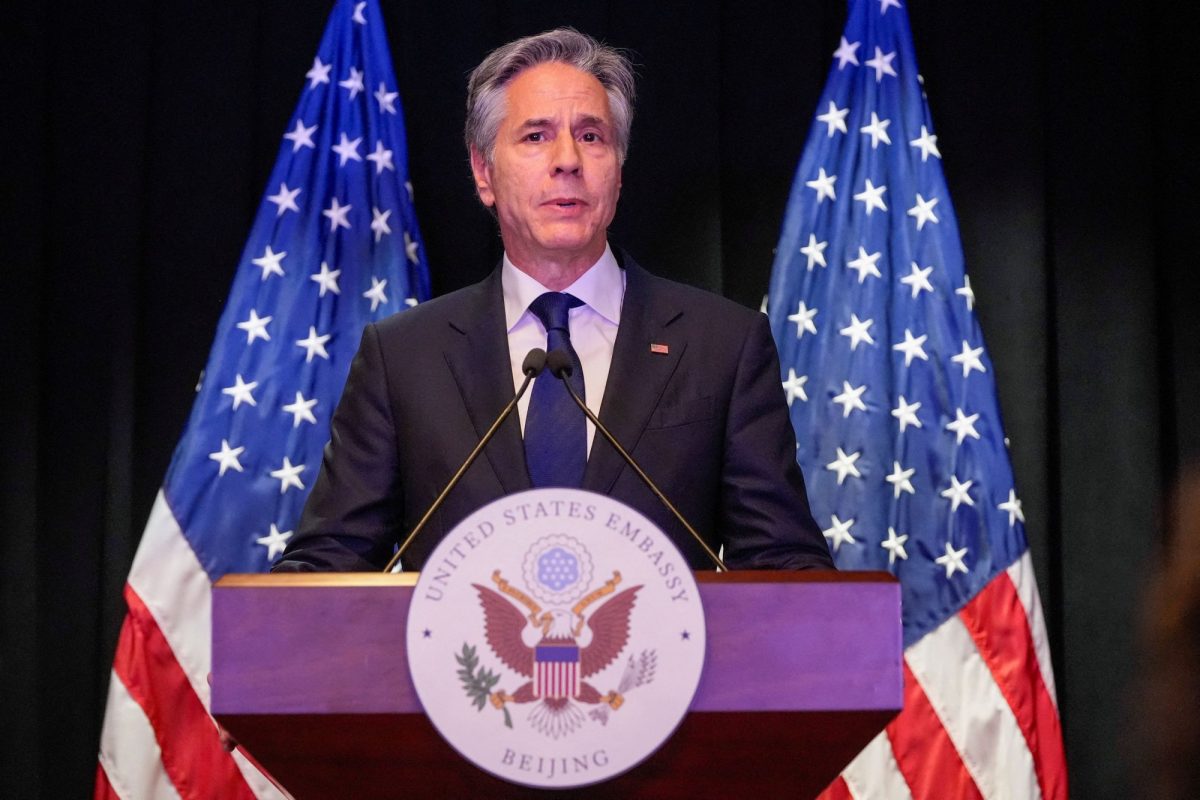U.S. Secretary of State Antony Blinken called on both Iran and Israel to avoid actions that could escalate the ongoing conflict in the Middle East, on Tuesday. This represents Blinken’s most explicit appeal to Israel, a key U.S. ally, amid rising regional tensions. Blinken’s comments came during a press conference with Defense Secretary Lloyd Austin, following their meeting with Australian officials at the U.S. Naval Academy in Annapolis, Maryland.
“We continue to work intensely to de-escalate tensions in the Middle East and to prevent the spread of conflict,” Blinken stated. “Over the past few days, we’ve been in constant contact with partners in the region and well beyond. In those conversations, we’ve heard a clear consensus: no one should escalate this conflict.”
The U.S. Secretary of State Antony Blinken further emphasized, “We’ve been engaged in intense diplomacy with allies and partners, communicating that message directly to Iran. We communicated that message directly to Israel. Our commitment to Israel’s security is ironclad. We will continue to defend Israel against attacks from terrorist groups or their sponsors, just as we’ll continue to defend our troops.”
Secretary Blinken also noted the importance of recognizing that further attacks in the region only contribute to ongoing conflict, instability, and insecurity. He warned that such actions increase the risk of unpredictable and uncontrollable outcomes. Blinken stressed the urgency for all regional actors to assess the situation, understand the risks of miscalculation, and make decisions that de-escalate tensions.
Tensions escalated significantly after Iran, Hamas, and Hezbollah accused Israel of assassinating Ismail Haniyeh, pledging retaliation. Hezbollah leader Hassan Nasrallah vowed retribution against Israel following the deaths of Haniyeh and Fuad Shukr in an Israeli bombing in a Beirut suburb.
Hamas announced that Yahya Sinwar, its leader in Gaza and one of Israel’s most wanted, will assume leadership of the movement.
The U.S. Secretary of Sate highlighted Sinwar’s crucial role in ceasefire negotiations, while the U.S. pressured Israeli Prime Minister Benjamin Netanyahu to finalize an agreement.
The Pentagon announced the deployment of additional warships and F-22 fighter jets to the region to defend Israel and U.S. military personnel, while Defense Secretary Lloyd Austin warned that the U.S. will not tolerate attacks on its forces, following a rocket attack on an airbase in Iraq that injured seven Americans.




